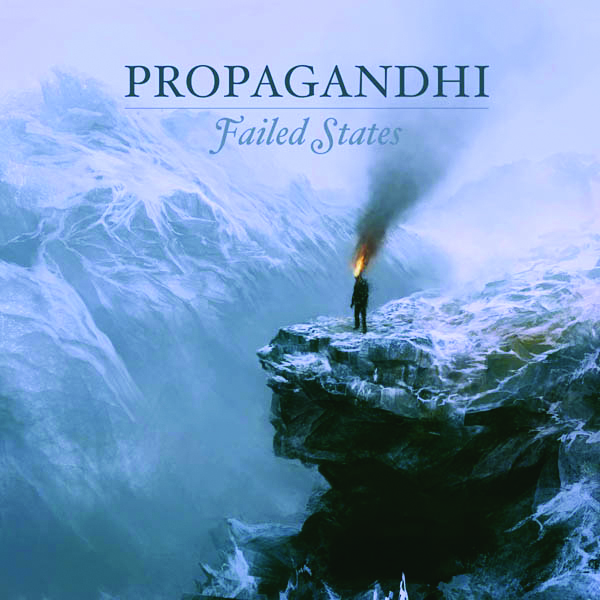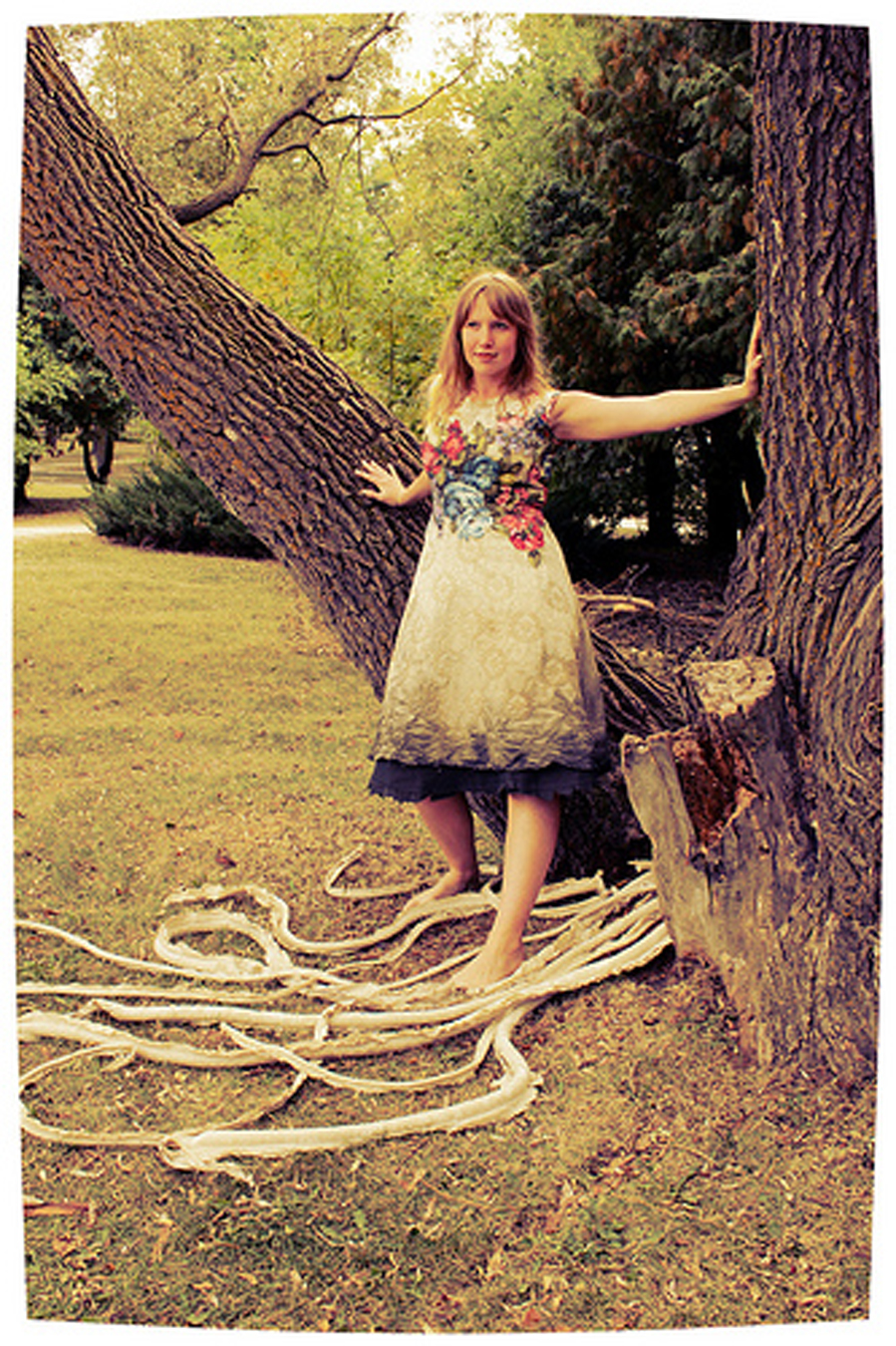Winnipeg based author and University of Winnipeg professor Jenny Heijun Wills relaunched her first memoir to a packed McNally Robinson atrium on Oct. 8.
First released in mid-September, Older Sister. Not Necessarily Related.: A Memoir is written in short vignettes that document Wills’s memories both growing up in small-town Ontario as a Korean adoptee of a white family and her experience reuniting with her birth mother and father in Korea as an adult.
The evening began with readings from up-and-coming Winnipeg writers Brenden Gali and Tayler Buss, followed by Wills reading three excerpts from her memoir.
A conversation between Wills and Canadian author Sally Ito about truth in memoir and the Korean adoptee program was the main feature of the evening.
“You say […] it is not just your personal story, but also the story of so many other transnational adoptees,” Ito said at the launch.
Ito also quoted the memoir’s preface, which mentions many of the stories are made “out of half facts, wishful thinking, and outright lies,” to which Wills noted that she believed truth to be “elusive and temporal, and nothing that can be held onto.”
“When one does life writing, the reader expects you to be able to tell the truth and to know about your life […] so, it’s a strange fit working within memoir and then also always trying to invent yourself out of these fragments of often lies,” Wills said.
Ito agreed that in life writing, there are facts, but there are also stories “and you don’t always know what things are true.”
“Facts are such a privilege,” Wills said.
“If you know when your birthday is, remember how privileged that is.”
Ito then asked Wills about her family reunification process, citing the experience in Wills’s memoir of staying at a Korean guesthouse.
Wills explained these guesthouses are designed to host adoptees in search of their birth families, but that some of these guesthouses are also held at adoption agencies.
“These adoptees would be invited to stay at these guesthouses while people were there to pick up new children,” Wills said.
“It’s this complicated situation where people are working through the trauma of cultural alienation and kinship alienation while seeing that it’s still ongoing.”
The conversation shifted to what Ito called “the whole corporatization” of the South Korean adoption system.
“My colleague Kim McKee,” Wills said, “calls it the adoption industrial complex,” adding that it’s a “multi-billion-dollar industry.”
Wills added that only after North Korea called out South Korea’s adoption practice during the 1988 Seoul Olympics, “the [South Korean] government started to frame international adoption as an example of satellite kids, or cosmopolitan kids, parachute kids programs with the expectation that some of them would return to Korea and improve its economy or its social-ness, and so that also feels exploitative with the expectation that you would go and be raised in the West and then come back and contribute to a society that, in some cases, sold you.”
The conversation then changed to Wills’s struggle to learn the Korean language later in life.
“It’s just part of the loss,” Wills said. “I feel sad about the Korean language and the fact that the older I get, and the more I want it, the further it seems out of reach.”
Wills admitted that “some things can’t be communicated through language,” making it easier to “focus on other things [with her Korean family] than being distracted by the mundane things.”
When asked by Ito if she felt “colonized by English,” Wills acknowledged that she “definitely wouldn’t say that [she’s] been as victimized[…]by the English language as many other people have been in devastating and callous ways.”
However, Wills admitted that learning the English language “was an act of survival.”
“I grew up in the assimilation era of transnational, transracial adoption,” Wills said, “where it was seen as the greatest gift my parents could give me [was] to erase […] any familiarity with Korean food or culture.”
The structure of the memoir was discussed. Wills elaborated that the vignettes explicitly addressed to her older sister were in second person so that she could “say things that [she was] afraid to say in the first person.”
“It’s in those moments that I express the greatest traumas with my family,” Wills said.
During the audience question segment that concluded the evening, when asked what advice she could give to aspiring writers under the black, Indigenous and people of colour umbrella, Wills said “read ethnic literature, period.”
“Read it, all of it,” Wills said.
“Look at ethnic art and representations.”
Older Sister. Not Necessarily Related.: A Memoir is available at major retailers and is currently nominated for the Hilary Weston Writers” Trust Prize for Nonfiction.





